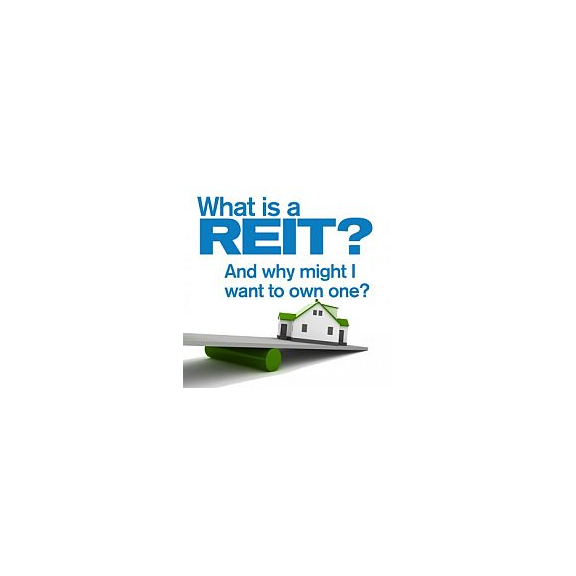
An opportunity has arisen for buy-to-let landlords to indirectly hold their properties within their pension schemes, and effectively make them free from capital gains tax (CGT), by investing in property funds.
Real Estate Investment Trusts (REITs) are companies or groups that hold investment properties for their rental return and long-term capital appreciation. UK REITs must be listed on a UK stock exchange, and as such offer the opportunity for anyone to buy shares in them.
This means you can invest indirectly in the UK property market without having to buy, let and manage a buy-to-let property, and with as little as £1000 rather than the £164,000+ you’d need to buy the average flat in Aldershot or Farnborough. Basically you’re buying a share of the property portfolio owned by the REIT, which is often a mix of commercial and residential properties.
Investors who buy shares in a REIT receive a proportion of the fund’s rental income through dividends; in fact REITs must pay out at least 90% of their taxable income as dividends to shareholders each year, so there is no danger of the fund managers being able to siphon off income for their own use.
As opposed to most existing REITs, new company Mill Residential REIT is looking to become the first residential-property-focused REIT to list in the UK.
Mill Residential’s first portfolio, valued at £2.5 million, includes properties in London and the Guildford area, selected for their potential for long-term letting and capital growth, which of course is what all landlords seek. However they also seek to buy complete portfolios of property from buy-to-let landlords, allowing them to swap their bricks and mortar for shares which are maintenance-free, hassle-free and CGT-free if held within a suitable 'wrapper' such as a SIPP.
This could suit landlords who have reached retirement age and who wish retain an interest in property but free themselves from the day-to-day business of managing residential lettings. It also makes it easier for them to draw down small amounts of income from their investment without having to sell individual properties.
Overall the investment in a REIT should provide stable income, after all the occupancy rates are likely to be high overall (and predictable over a large number of properties) whereas if you own a handful of rental properties a single one lying empty for a few months can really impact your profits.
The fact that you can hold these shares in a pension can offer landlords considerable tax advantages, but the situation is not straightforward and we suggest you take professional advice.
On the other hand many people invest in buy-to-let properties precisely because they are solid, physical bricks-and-mortar investments that are under their direct control. There’s a lot to be said for it, especially if you can remove the hassle factor by using a reliable letting agent.
With that in mind, we can’t see too many landlords in Aldershot or Farnborough rushing off to convert their properties into shares just yet!
This article is general in nature and does not take into account your personal situation. You should consider whether the information is appropriate to your needs, and where appropriate, seek professional advice from a financial adviser.
The following Cookies are used on this Site. Users who allow all the Cookies will enjoy the best experience and all functionality on the Site will be available to you.
You can choose to disable any of the Cookies by un-ticking the box below but if you do so your experience with the Site is likely to be diminished.
In order to interact with this site.
To help us to measure how users interact with content and pages on the Site so we can make
things better.
To show content from Google Maps.
To show content from YouTube.
To show content from Vimeo.
To share content across multiple platforms.
To view and book events.
To show user avatars and twitter feeds.
To show content from TourMkr.
To interact with Facebook.
To show content from WalkInto.